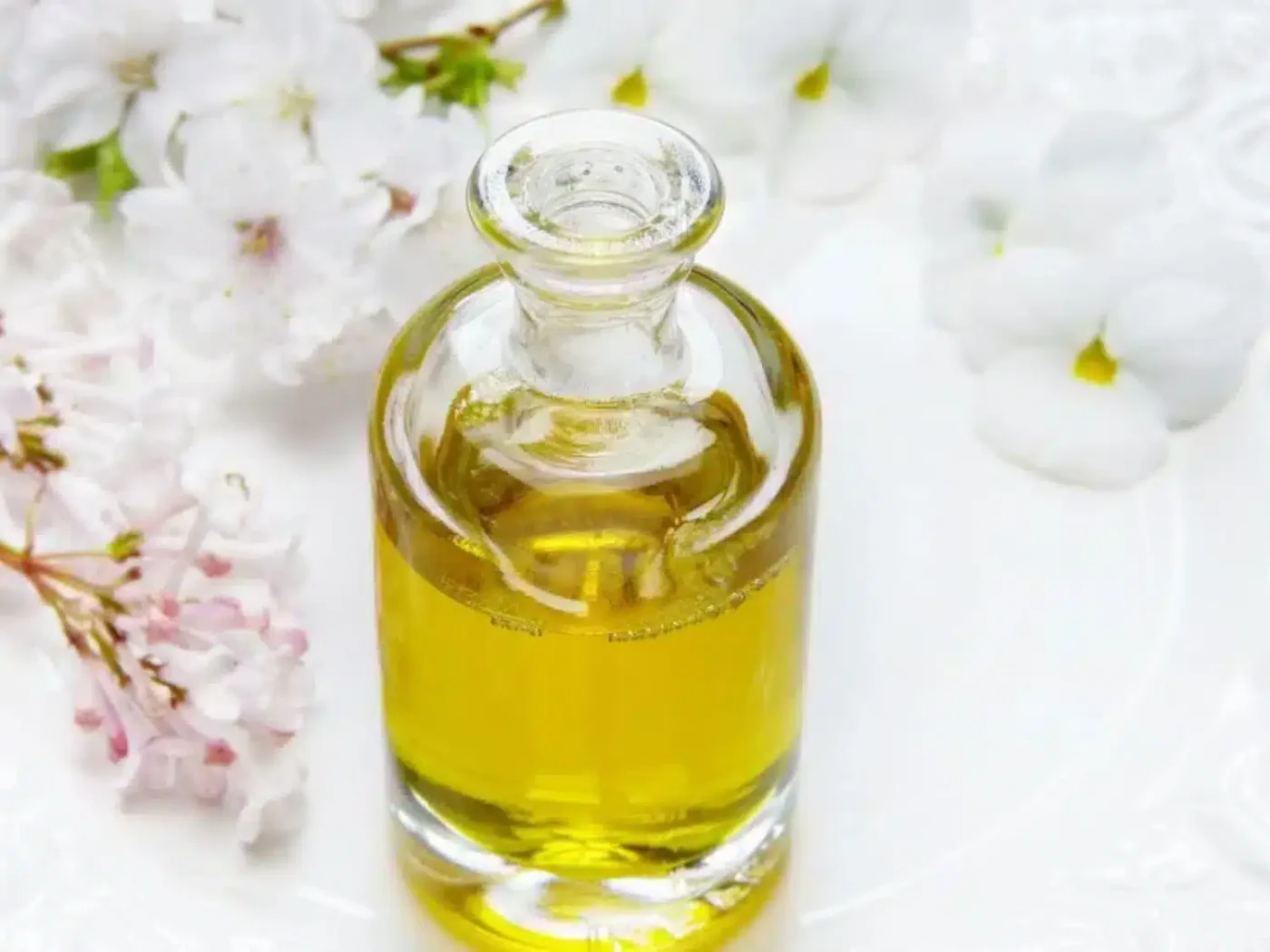
Every decision we make impacts the rest of the world and the environment. Culinary options are no exception: they directly impact the environment in several ways, from agricultural practices to packaging and waste. One food that has brought sustainability to the forefront is Texas Olive Oil.
Due to its minimal impact on the ecosystem, its resource efficiency, and its long history of sustainable production practices, olive oil is often considered one of the most sustainable oils on the market. Local producers like The Texas Hill Country Olive Co. are working to raise awareness and positively advance the sustainability movement while providing this delicious, locally produced liquid gold!
Simply put, sustainability is the ability to meet the needs of the present generation without compromising the capabilities of future generations. Sustainability balances economic, social, and environmental factors to ensure long-term well-being and stability. It’s important to understand that without them, we will not survive.
Sustainable agricultural practices have many benefits, including protecting the environment, supporting local communities, ensuring food security, and mitigating climate change. By adopting sustainable practices, we can help minimize the negative impacts of unsustainable agriculture, such as deforestation and pollution.
Furthermore, sustainable agriculture practices can help farmers and local communities, promote economic stability, and reduce the need for long-distance transportation and distribution.
This can also help ensure a reliable and healthy food supply for years to come, even in the face of changing climate conditions. Finally, sustainable agriculture practices can help reduce greenhouse gas emissions and mitigate the effects of climate change, from reducing carbon emissions to sequestering carbon in the soil.
Sustainability is critical for the most basic ingredients, such as extra virgin olive oil (EVOO). It is a staple ingredient in many cuisines and is used in many dishes, including salad dressings and marinades.
Sustainable EVOO can help support environmentally friendly agricultural practices, reduce our carbon footprint, and promote economic stability in local communities.
Texas olive oil is often considered one of the most sustainable oils on the market. It has a lower carbon footprint and requires fewer production resources than other oils such as palm oil or soybean oil. For example, palm oil production has been linked to deforestation, which can contribute to biodiversity loss and climate change. Harmful pesticides and fertilizers are used in the production of soybean oil.
On the contrary, EVOO production generally has a lower environmental impact. Olive trees require less water than many other crops and have deep roots, which helps prevent soil erosion and maintain soil health.
In addition, many EVOO producers use sustainable practices such as organic farming, which helps reduce harmful chemical pesticides and fertilizers. This helps preserve biodiversity and protect the environment from the negative effects of intensive agriculture.
Olive oil has a long history of sustainable production, especially in regions such as the Mediterranean, where it has been a staple food for centuries. Sustainable oil production practices are often passed down from generation to generation, helping to preserve traditional agricultural practices and promote local biodiversity.
While no food is 100% sustainable, EVOO comes close. Its lower environmental impact,Resource efficiency and a long history of sustainable production practices make it a good option for consumers looking to make more environmentally friendly choices in their diet.
Sustainability is a buzzword like other greenwashing practices; just because an ingredient is sustainably produced doesn’t mean it’s a sustainable product. Let’s say a product travels the world to reach your plate or pantry. In that case, your overall sustainability level drops, so local products are the driver of true sustainability.
Olive oil is generally considered a sustainable option compared to other oils; there are several reasons why Texas olive oil is incredibly sustainable. Local products are generally considered more sustainable than imported products because they have a smaller carbon footprint. When products are transported over long distances, significant amounts of fuel and transportation resources are required, which can contribute to greenhouse gas emissions and climate change. Furthermore, imported products often have to be grown under conditions that may not be sustainable, such as intensive monocultures or harmful chemicals.
Olive oil is no exception to this rule. When produced locally, it has a smaller carbon footprint because it doesn’t need to be transported long distances. Furthermore, locally produced olive oil can support local farmers and communities, promote economic stability, and reduce the need for long-distance transportation and distribution. By choosing locally produced EVOO, consumers can help reduce their carbon footprint, support sustainable agricultural practices, and contribute to the local economy.
Another benefit of choosing locally produced EVOO is that it can be more environmentally friendly in terms of packaging. When imported, it often needs to be wrapped in materials like plastic or aluminum to protect it during transport. However, when EVOO is produced locally, it can be packaged in more sustainable materials like glass or recycled materials, which are more easily recycled and have a smaller carbon footprint.
Choosing locally produced oil is a great way to support sustainable agricultural practices and reduce your impact on the environment. By supporting local farmers and reducing the need for long-distance transportation, you can help reduce greenhouse gas emissions, promote economic stability, and preserve natural resources for future generations.
Olive oil production in Texas is generally considered sustainable because it has minimal impact on the ecosystem. Olive trees have deep roots, meaning they can draw nutrients and water from deep within the soil. This helps prevent soil erosion and improves soil health over time, making Texas EVOO production an ideal choice for farmers seeking to maintain healthy ecosystems. Additionally, olive trees are drought-tolerant and require less water than many other crops, making them a good choice for regions where water conservation is a concern.
Sustainable practices also help reduce the use of harmful chemical pesticides and fertilizers. These deciduous trees are naturally resistant to pests and diseases, allowing farmers to use fewer pesticides to maintain healthy crops. These practices help preserve the natural ecosystems that already exist for years to come!
Overall, EVOO’s sustainable production practices help maintain healthy ecosystems by maintaining soil health, conserving water, and reducing harmful chemicals. By choosing local and sustainably produced Texas olive oil, consumers can support environmentally friendly agricultural practices and help protect the planet for future generations.
Important Note: aceitedelcampo.com promotes the consumption of extra virgin olive oil for its culinary qualities and health benefits. However, no medication or current treatment should be replaced without the guidance of a healthcare professional.
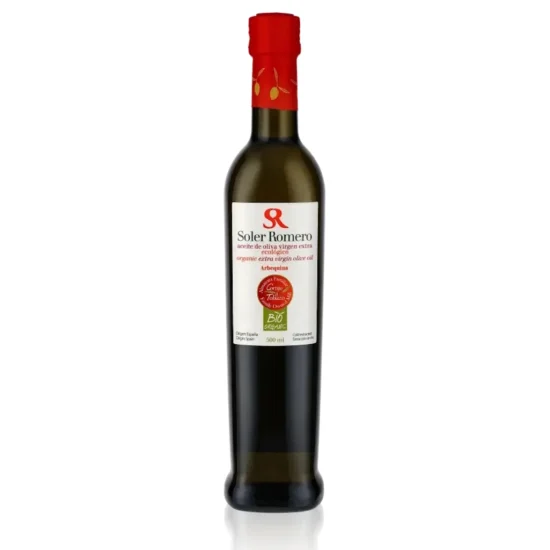
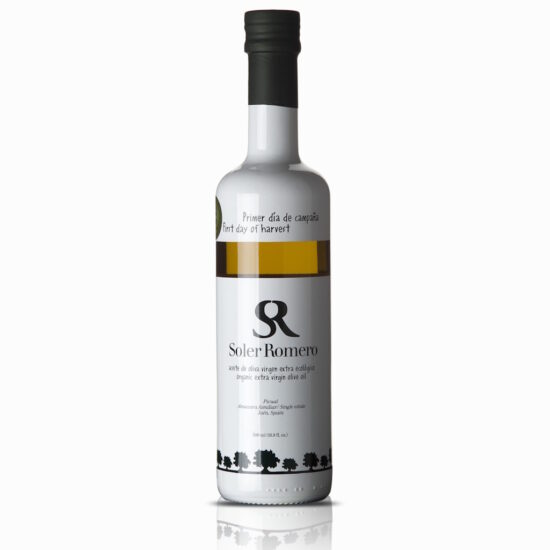
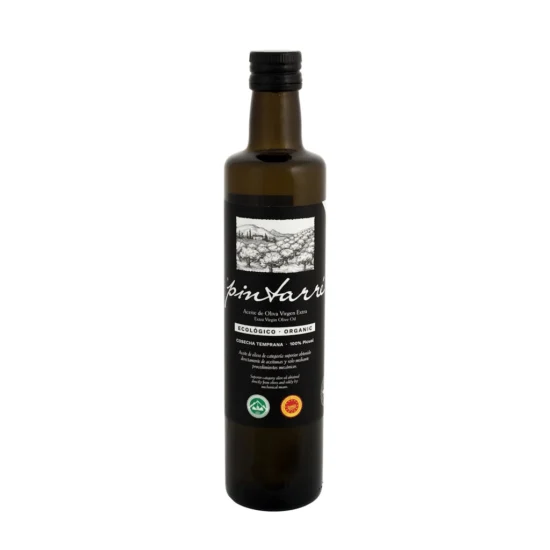
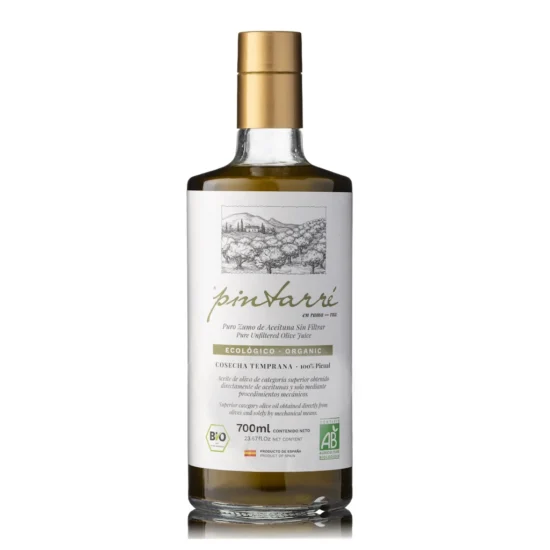
ALZAYT EXPORT SL
info@aceitedelcampo.com
C/ Eduardo Bosca 19, 2-5
46023 Valencia
Subscribe and receive a coupon by email for your next purchase.